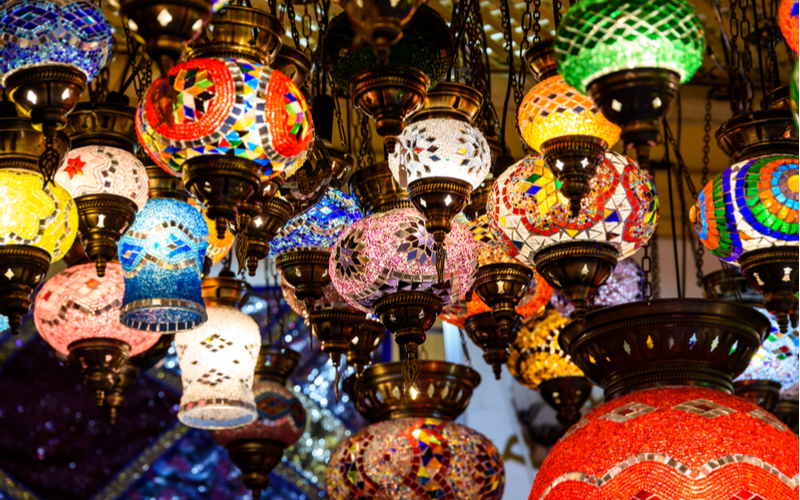Kierkegaard’s Parable of Two Artists
A great frustration for those of us who find markets beautiful – the creation of wealth, the unrelenting revelation of innovation, the fostering of human community, the undirected emergence of order out of chaos – is that critics love to seize on seeming faults and thereby condemn the entire institution.
They expect markets to be perfect. When they are not, they call them a failure. Meanwhile, as regards the only replacement for markets, which is the state, these same critics are willing constantly to grant a pass.
I just bumped into a wonderful parable by Søren Kierkegaard that reveals precisely what is wrong with this overly scrupulous outlook. It is the parable of two artists:
Suppose there were two artists, and the one said, “I have traveled much and seen much in the world, but I have sought in vain to find a man worth painting. I have found no face with such perfection of beauty that I could make up my mind to paint it. In every face I have seen one or another little fault. Therefore I seek in vain.”
Would this indicate that this artist was a great artist?
On the other hand, the second one said,
“Well, I do not pretend to be a real artist; neither have I traveled in foreign lands. But remaining in the little circle of men who are closest to me, I have not found a face so insignificant or so full of faults that I still could not discern in it a more beautiful side and discover something glorious. Therefore I am happy in the art I practice. It satisfies me without my making any claim to being an artist.”
Kierkegaard further comments:
Would this not indicate that precisely this one was the artist, one who by bringing a certain something with him found then and there what the much-travelled artist did not find anywhere in the world, perhaps because he did not bring a certain something with him!
Consequently the second of the two was the artist. Would it not be sad, too, if what is intended to beautify life could only be a curse upon it, so that art, instead of making life beautiful for us, only fastidiously discovers that not one of us is beautiful.
Would it not be sadder still, and still more confusing, if love also should be only a curse because its demand could only make it evident that none of us is worth loving, instead of love’s being recognized precisely by its loving enough to be able to find some lovableness in all of us, consequently loving enough to be able to love all of us.
There is nothing to add to the point that we should learn to see the beauty in the markets all around us, knowing that they are not granted to us by nature. The very existence of wealth creation should fill us with awe, respect, and endless curiosity, as well as inspire within us a desire to celebrate and protect the institutions that make markets thrive.
The more we practice peaceful human cooperation, the more we come to depend on and value the presence of others in our lives, and the more we are incentivized to respect their rights. It is through a deep understanding of and appreciation for markets that we find our way toward believing in and living beautiful lives. But in order to understand this, we need to be the second artist in Kierkegaard’s parable.











